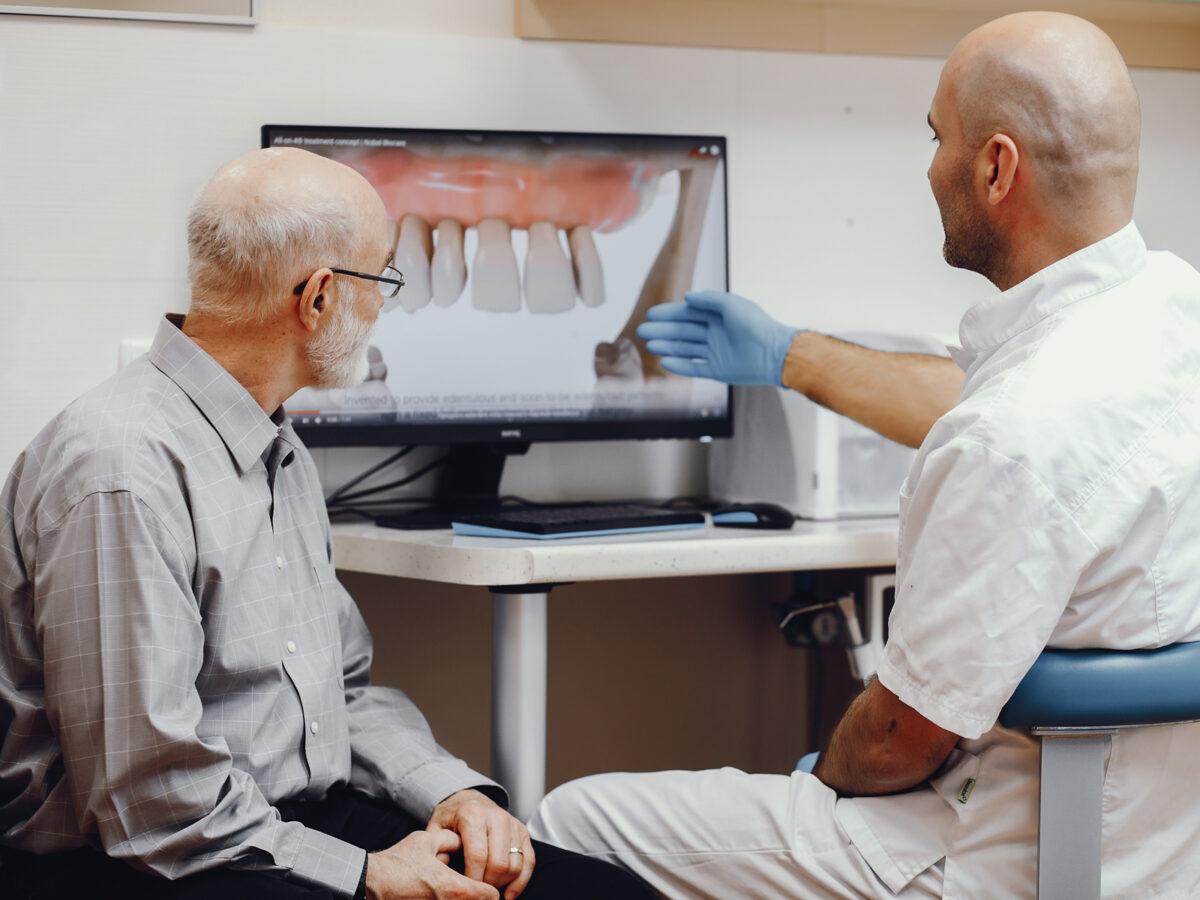Blog
Dental hygiene tips for healthy teeth & gums

Do All Dental Implants Need Bone Grafts?
Replacing missing teeth underwent a significant transformation with the advent of dental implants, revolutionizing how artificial teeth are integrated into patients’ mouths. If you’re considering dental implants, you may have heard about the potential need for bone grafts in conjunction with the procedure.
While implant surgery isn’t always contingent on bone augmentation, you might wonder if it’s an unnecessary step. In fact, bone grafting can enhance bone health, ensuring robust support for the implant.
Before undergoing any dental procedure, it’s essential to grasp the intricacies of the process to determine whether bone grafts for dental implants are warranted. This article aims to provide you with comprehensive information about bone grafting, its role in implant surgery, and the implant surgery procedure.
What are Dental Implants?
Dental implants serve as artificial tooth roots and provide a sturdy foundation for affixing artificial teeth within a patient’s mouth. Presently, dental implants stand as the most effective solution for replacing missing teeth.
- Dental implants are crafted from biocompatible materials, often titanium.
- The implant is surgically placed by a dentist into your jaw.
- Over time, the implant integrates with your bone through a process known as osseointegration.
- After the implant site has healed, a connector called an abutment is attached to the implant. This abutment supports artificial dentition, such as a crown, mimicking the appearance of your natural tooth.
Understanding Bone Grafting
Bone grafting involves surgically placing graft material to augment areas where bone density or volume is insufficient. Dental bone grafts play a crucial role in enhancing overall oral health.
- By grafting bone within the mouth, dentists can bolster the strength of a patient’s jaws and teeth.
- Bone grafting can contribute to improved overall oral health.
- Various circumstances may necessitate bone grafting, such as periodontal disease. Periodontal disease arises from gum infections that, when severe, can harm the supportive structures of your teeth. This can result in an unstable tooth or tooth loss, necessitating bone grafting.
- Trauma or injury to the mouth may also require dental bone grafts. In cases of injury, bone loss may occur, which the grafting material can replace, providing support to your teeth.
- Surgeons typically obtain grafting material from the patient’s own body, like cadaveric sources, or opt for synthetic bone material. Over time, the patient’s body replaces the graft material with its own bone, strengthening the treated area.
Why Might Bone Grafts Be Needed for Implants?
The necessity for bone grafting in dental implants varies based on multiple factors, including your overall oral condition, the type of implant to be placed, the implant’s location, and more.
Statistically, bone grafting is required in about fifty percent of cases. Your dentist will assess all these factors and determine whether bone augmentation is necessary for your implant surgery.
- Bone grafting establishes a solid foundation for your dental implant.
- Even with healthy bones, bone grafting can prevent complications down the line.
- It helps avert many potential issues with implant surgery, such as implant rejection or infection.
- Prior bone grafting can increase the success rate of your implant surgery, providing a robust base for dental implants.
- Bone grafts also contribute to the aesthetic enhancement of your smile, particularly if you have missing teeth. They fill the gaps in your dental structure caused by missing teeth, offering a strong foundation for dental implants.
- If you’ve had a tooth extracted, the empty socket can deteriorate if not addressed promptly with a bone graft. Without a tooth, the jawbone tends to shrink or resorb over time.
What Will Happen If I Skip Bone Grafting?
You may have to face a few complications if you skip bone grafting, such as:
- Your implant may not fuse properly with your jawbones, which can lead to unstable teeth, making it difficult to speak or chew without worrying about your dentitions shifting.
- The implant may rub against your gums and cause pain and inflammation. In some extreme cases, the implant may even poke inside the gum tissue.
- You might need more extensive and expensive surgery down the road due to issues arising from not getting a bone graft in the first place.
Bone graft ensures your dental implants stay in place, and you do not have any complications due to the implant surgery. Your implants need a healthy and stable foundation, and without a bone graft, the implant surgery might fail. Consult with your doctor whether you need bone grafting for your dental implants or not.
